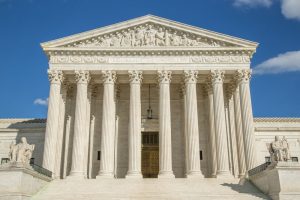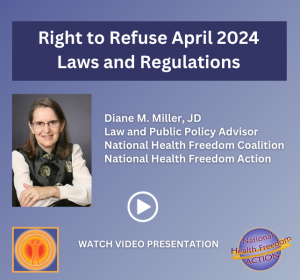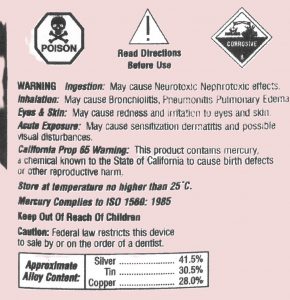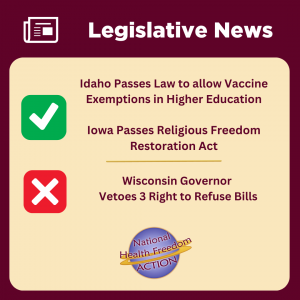

Religious exemptions to mandatory K-12 vaccinations are an important tool for health freedom. Many serious belief systems held by parents can qualify for such an exemption. 44 states now have this protection in their law, while California, Connecticut, Maine, Mississippi, New York, and West Virginia do not.
Bosarge v. Edney
On April 18 Judge Halil Suleyman Ozerden of the US District Court in Mississippi ordered that by July 15 officials in the state must create a process to consider religious exemption requests for the state’s K-12 vaccination mandates. In this case of Bosarge v. Edney, Ozerden said that these officials, “will be enjoined from enforcing Mississippi’s school compulsory vaccination law…unless they provide an option for requesting a religious exemption from the law’s requirements.”
Mississippi Religious Freedom Restoration Act
The parent plaintiffs argued that Mississippi’s compulsory vaccination law violates the constitution both on its face and as applied to them. This law allows for medical exemptions, but not religious ones. The state attorney general argued that another law, the Mississippi Religious Freedom Restoration Act (MRFRA), requires folks to be allowed to request religious exemptions and that therefore that state’s vaccination law is constitutionally acceptable.
General Applicability
A law is not “generally applicable” when it lets officials “consider the particular reasons for a person’s conduct by providing a mechanism for individualized exemptions.” When the law permits secular conduct but prohibits religious conduct that would infringe the same interest, it is not “generally applicable.” And a law is not neutral if it has religious exercise as its object. In these circumstances, “strict scrutiny” must be shown: that the law “advances interests of the highest order and is narrowly tailored to achieve those interests,” and “so long as the government can achieve its interests in a manner that does not burden religion, it must do so.”
Mississippi Admits Law Unconstitutional as Written
Per Judge Ozerden, the Attorney General arguing this case for the state “essentially acknowledges that, read in insolation, [Mississippi’s K-12 vaccine program] cannot withstand strict scrutiny,” instead relying on MRFRA to save said program. The MRFRA was passed after the US Supreme Court decided that “the compelling interest test does not apply to a valid and neutral law of general applicability, even if the law requires conduct that an individual’s religion proscribes.”
Judge Looks to 44 States with Exemptions
Ozerdon also notes that most states have religious and/or philosophical exemptions—therefore, “it is not tenable to maintain that having no religious exemption option is ‘the least restrictive means’ of furthering a compelling governmental interest.” Disputing the Attorney General’s argument that the state’s religious freedom law would lead to a religious exemption, the judge quotes the state’s Medical Exemption Request Form: “[e]xemption from required immunizations for religious, philosophical, or conscientious reasons is not allowed under Mississippi law.”
For now, this ruling only helps folks in Mississippi. And since it is at the trial court level, it cannot be directly used as precedent. But the arguments by Judge Ozerdon can and should be used as a roadmap for other states to follow. If you want to pursue adding a religious exemption to your state, feel free to contact us for more information.




